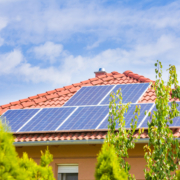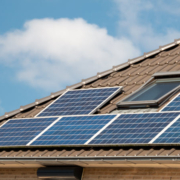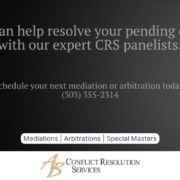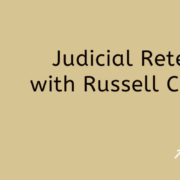The Art of Mediation for Renewable Energy
As a mediator who specializes in solar and other renewable energy matters, I often encounter situations where homeowners and HOAs have conflicting interests and expectations. One of the most common issues is the installation of solar panels, which can be seen as a benefit for the environment and the homeowner but may raise aesthetic or other concerns for the HOA and neighboring property owners.
Recently, I had the opportunity to be involved in a case involving Aurora residents who wanted to install solar panels on their roof but faced opposition from their HOA. The case was featured in an article by The Denver Post, which you can read here for the full details: https://www.denverpost.com/2023/11/16/hoa-policy-solar-panels-aurora-residents/
In this case, I represented one side of the dispute. However, I have been involved in numerous disputes of this nature and have seen all perspectives. I wanted to share in this blog post some insights and ideas about how to reach a mutually satisfactory agreement in these and other cases involving the sitting of solar panels.
First, I want to emphasize the importance of communication and dialogue. Often, homeowners and HOAs have different perspectives and assumptions about each other’s motives and goals. These disputes can quickly devolve into personal issues, especially given the emotions involved in one’s home and property. HOAs often have a set meeting schedule and communication mode which may not feel open and transparent to the homeowners. By creating a space where they can listen and understand each other’s views, the parties can identify common ground and areas of compromise.
Second, I want to highlight the role of creativity and flexibility. Sometimes, there is no one-size-fits-all solution for every situation. In some cases, for example, if economical and still efficient for generating solar energy, the homeowner may agree to install low-profile solar panels that would blend in with the roof color, or otherwise modify the design. For its part, the HOA may agree to waive some of the fees and restrictions that they normally impose on exterior modifications to ensure that the design maximizes the output of the solar system.
Third, I want to acknowledge the value of mediation as an alternative dispute resolution method. Mediation is a voluntary, confidential, and collaborative process that allows parties to resolve their disputes without going to court. Mediation can save time, money, and stress for both parties, and can preserve or improve their relationship. As a mediator, I act as a neutral third party who facilitates the conversation and helps the parties reach their own agreement.
I hope this gives you some insight into how mediation can help homeowners and HOAs resolve their conflicts over solar panels and renewable energy situations. If you have any questions or comments, please feel free to contact me at roger@crs-adr.com or call (303) 355-2314.






